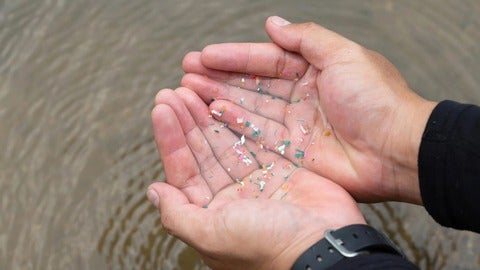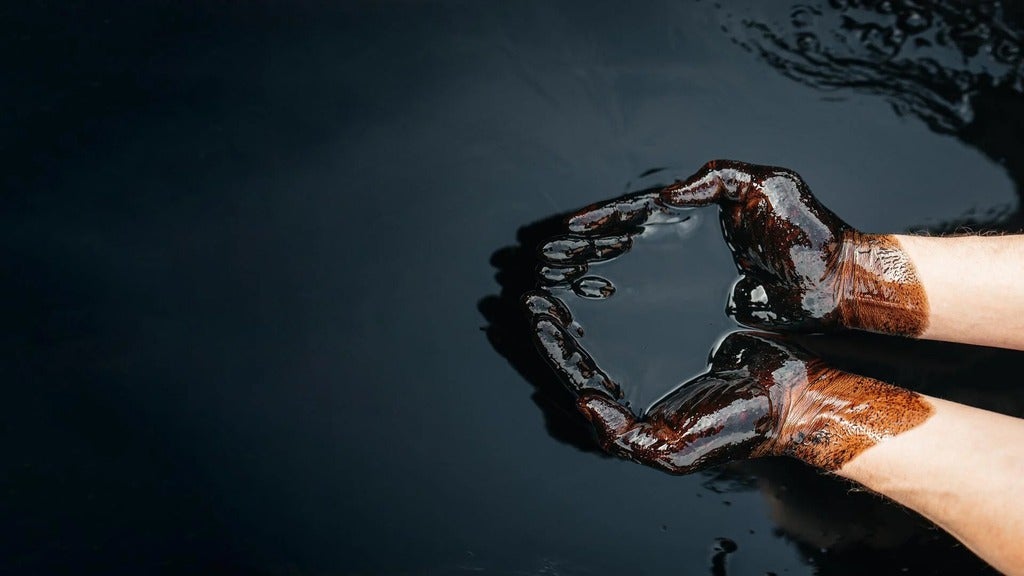Dr. Kongjian Yu’s "Monsoon Culture" approach to climate resilience
Waterloo Architecture is honoured to host the presentation “Climate Resilience Inspired by Monsoon Culture,” by renowned landscape architect Dr. Kongjian Yu, on Thursday, October 24, 2024.









